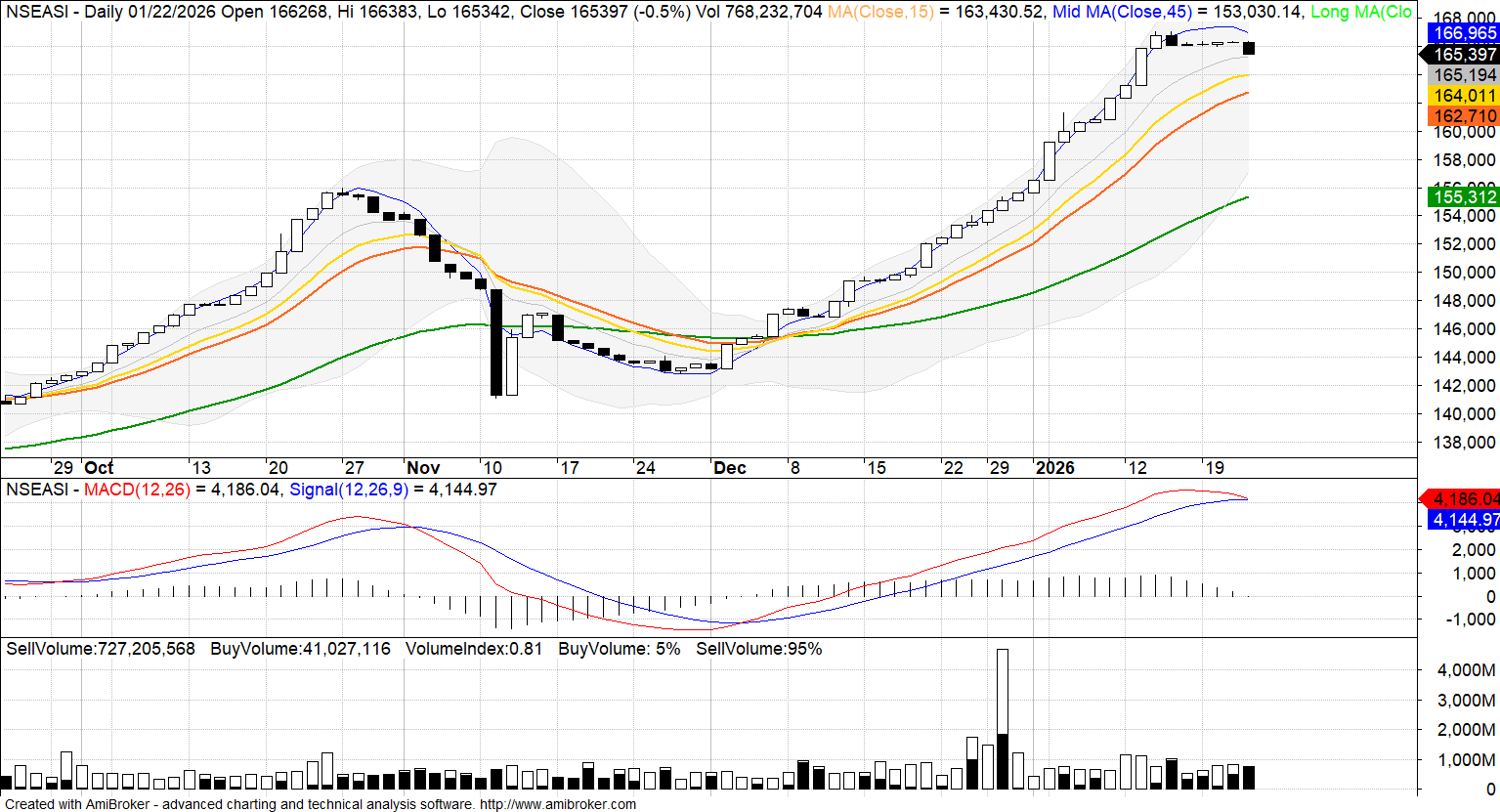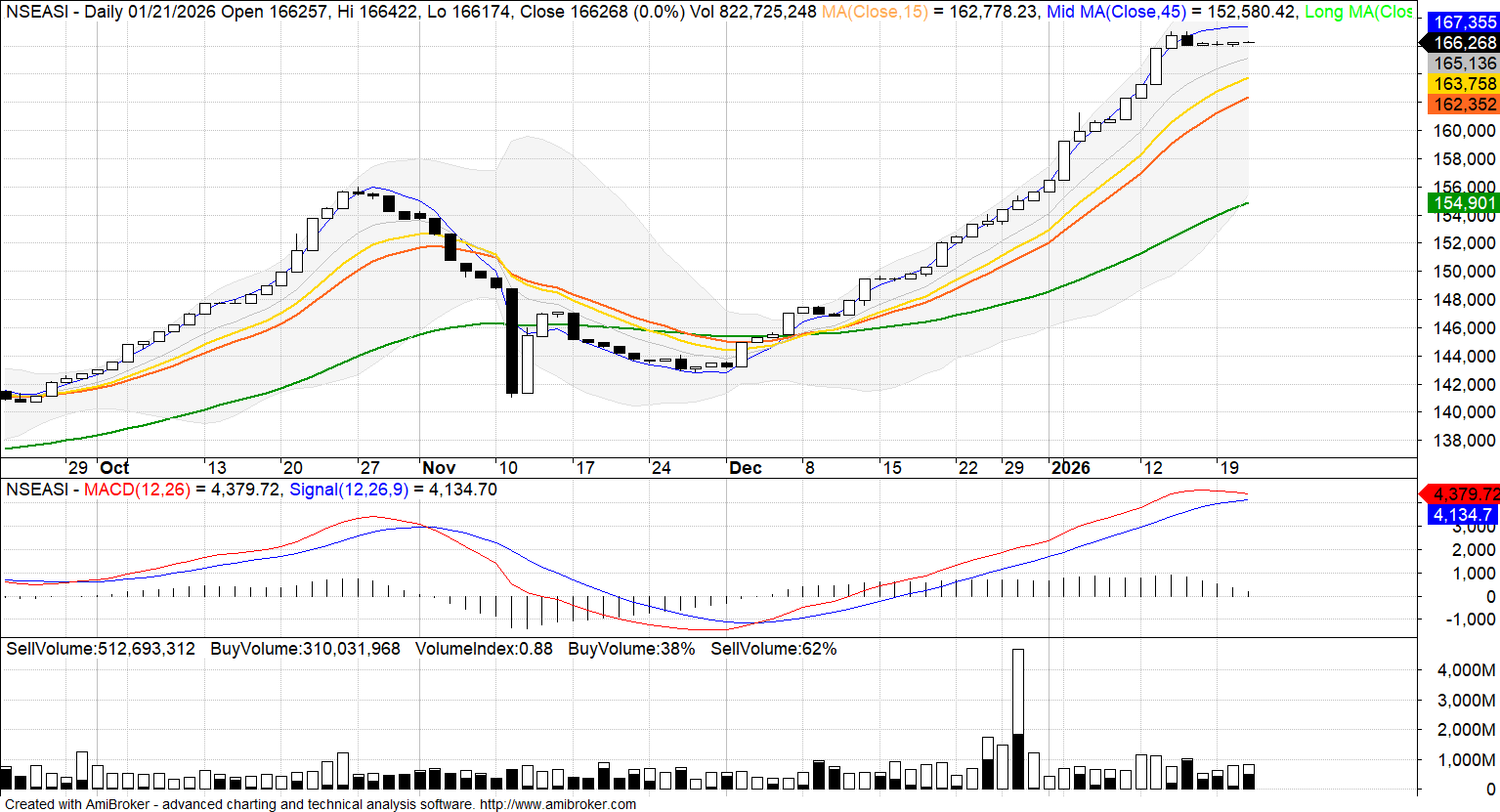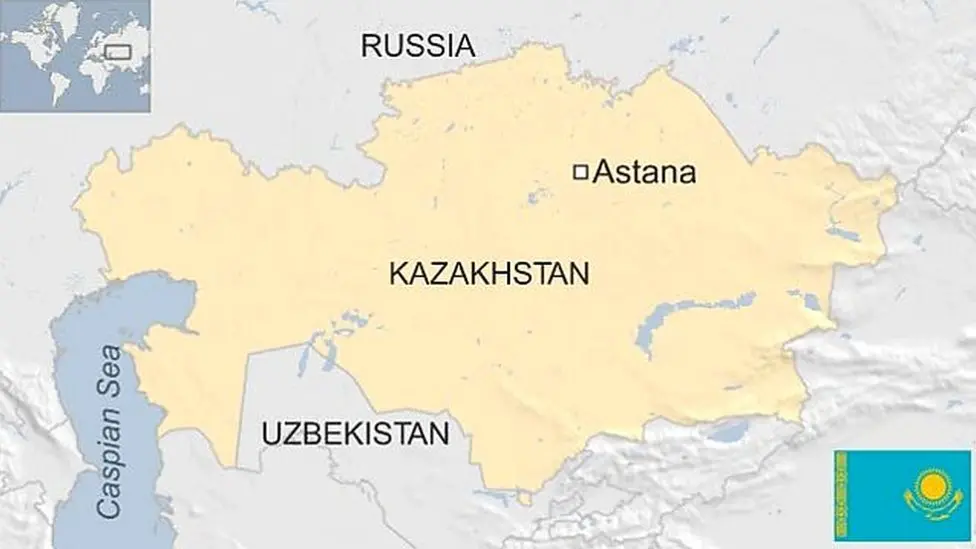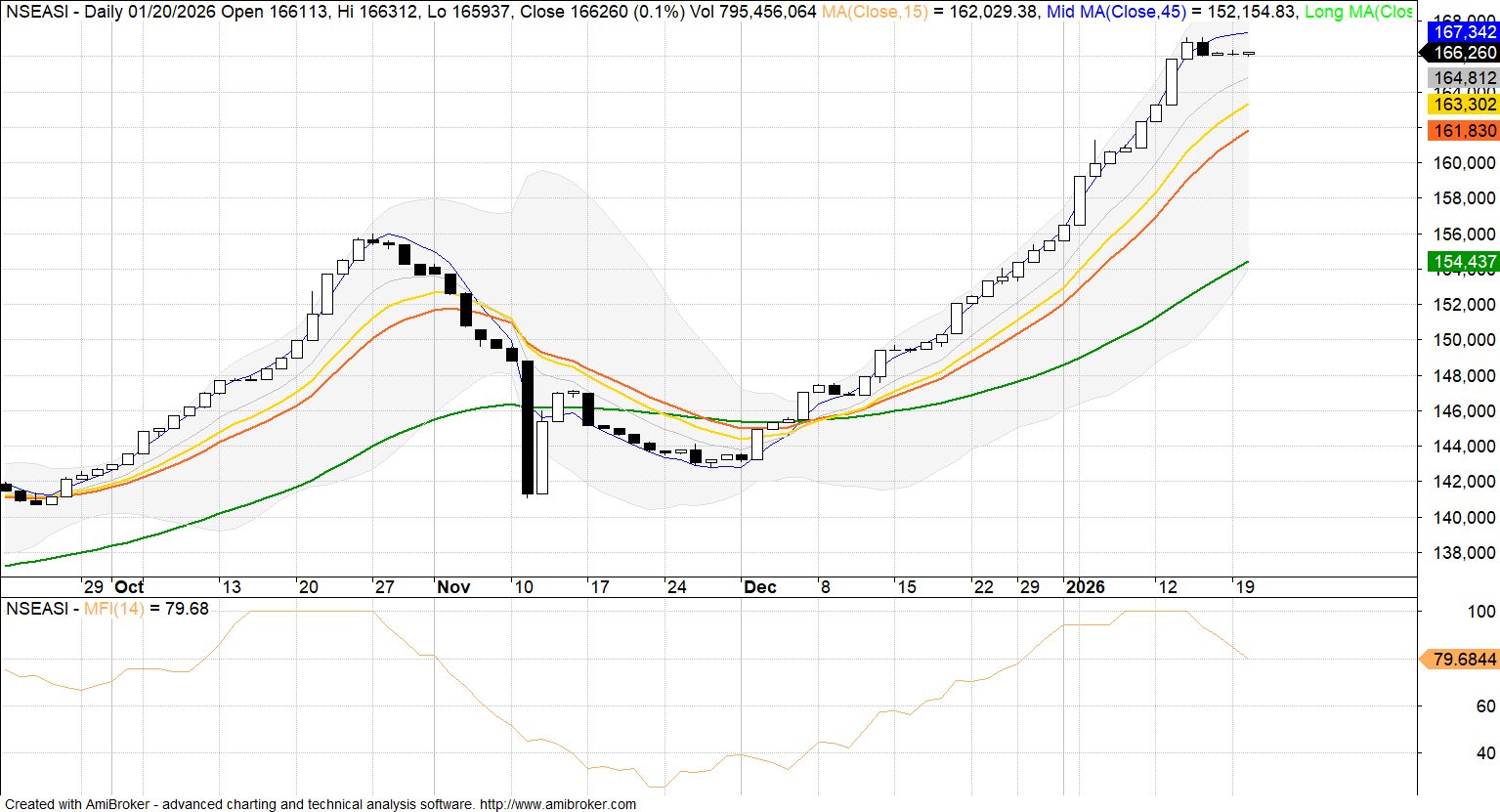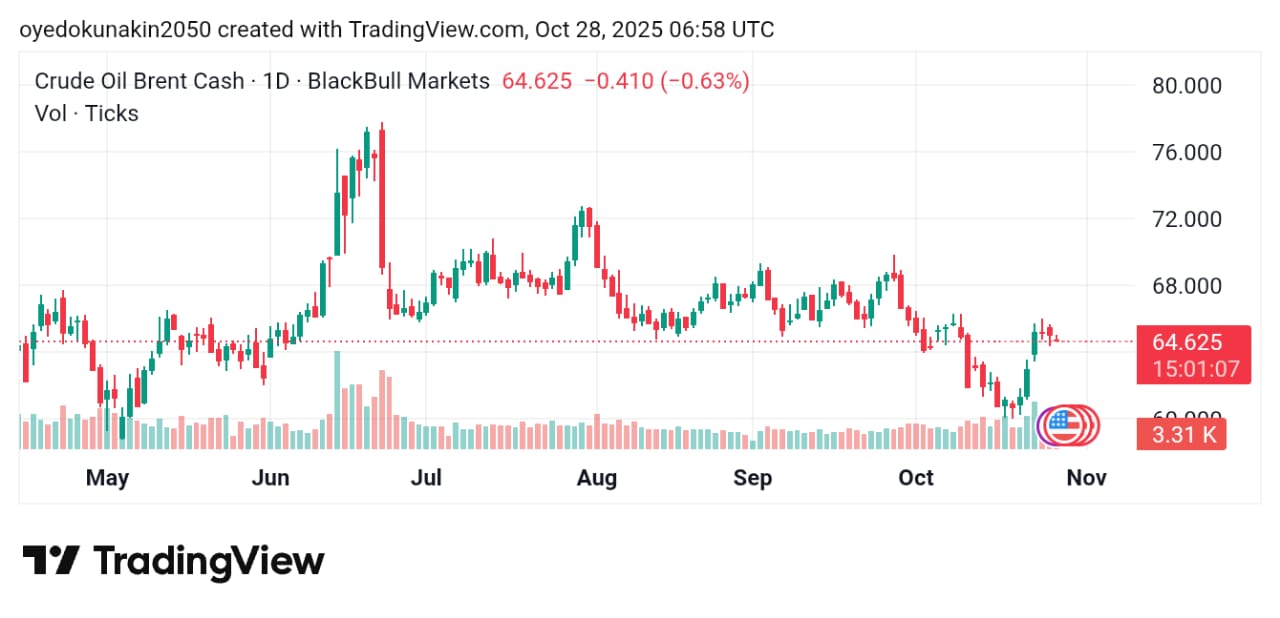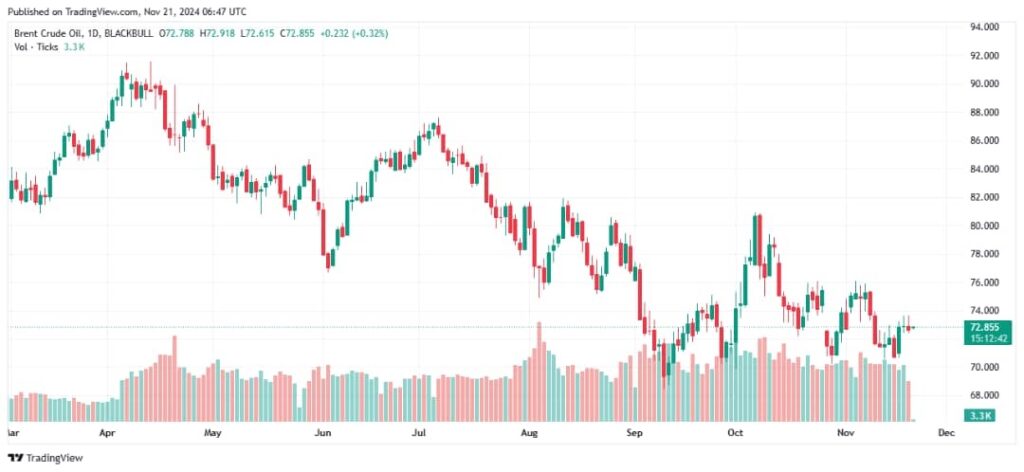
Akintunde Oyedokun
Research Analyst
Oil prices dropped on Tuesday, continuing a downward trend after Israel’s ceasefire agreement with Hezbollah reduced oil’s risk premium. Brent crude fell 0.27% to $72.81, and U.S. WTI dropped 0.25% to $68.77. The ceasefire could lead to a reduction in U.S. sanctions on Iranian oil, further pushing prices down. OPEC+ is also discussing delaying planned output increases due to weaker demand. Proposed U.S. tariffs on imports from Mexico and Canada had minimal effect on the market.
Japan’s Service-Sector Inflation Nears 3%, BOJ Rate Hike Likely
Japan’s service-sector inflation remained at 2.9% in October, bolstering expectations for a Bank of Japan rate hike. The rise in services prices, including machinery repair and accommodation, supports the view that higher wages are driving inflation. Analysts expect Japan’s moderate recovery to keep inflation near the BOJ’s 2% target, with a potential rate hike in December. Prime Minister Shigeru Ishiba is also pushing for significant wage increases in next year’s labor talks.
U.S. New Home Sales Drop 17.3% In October Amid Higher Mortgage Rates, Storm Disruptions
New home sales in the U.S. fell 17.3% to 610,000 units in October, the lowest level in nearly two years, due to rising mortgage rates and hurricane impacts. Mortgage rates surged to 6.72% by month-end, affecting buyer demand. Sales dropped significantly in the South, while the Northeast saw a 53.3% increase. The median new home price rose 4.7% to $437,300, and housing inventory grew to 481,000 units.
Ethiopian Lawmakers Approve $4.8bn Spending Increase For 2024/25 Fiscal Year
Ethiopian lawmakers approved an additional 581.98 billion birr ($4.8 billion) in spending for the 2024/25 fiscal year, supplementing the previously announced 971.2 billion birr. Finance Minister Ahmed Shide stated that part of the funds will subsidize fertilizer, oil, fuel, and medicine. This comes as Ethiopia recovers from economic challenges, including the COVID-19 pandemic, a two-year war in Tigray, and extreme weather. The country recently secured a $3.4 billion IMF program to support debt restructuring.
Nigeria Raises Interest Rate To 27.5%, As Inflation, Naira Strain Linger
The Central Bank of Nigeria raised its key interest rate by 25 basis points to 27.5%, marking the sixth increase this year due to persistent inflation and pressure on the naira. October’s inflation rate rose to 33.88%, driven by rising food and energy costs. Governor Olayemi Cardoso stated that the bank remains focused on inflation control, with results expected in early 2025. Despite ongoing policy tightening, economists believe rate cuts are unlikely until mid-2025.


